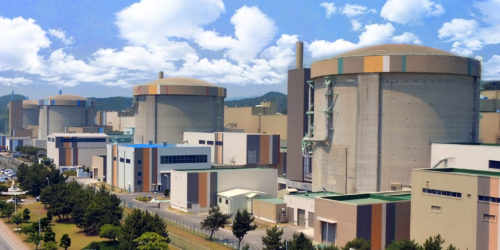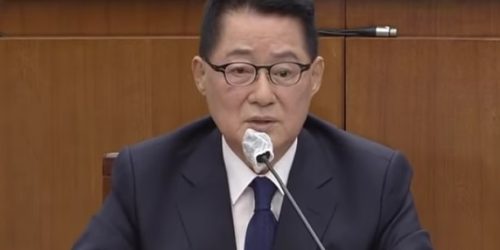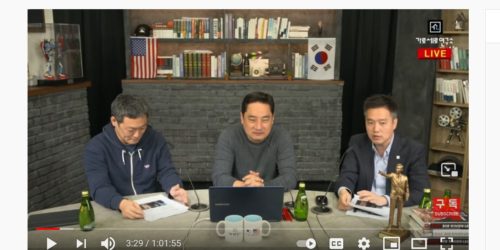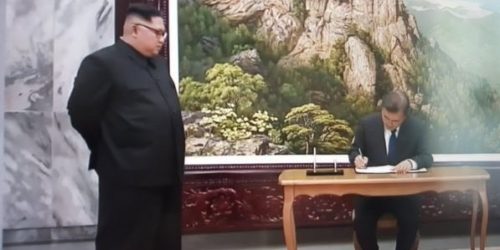Unprecedented: South Korea’s Energy Firm KEPCO Plans to Allow Chinese Companies to Bid
2020-2-26, Seoul Economy [TRANSLATION]
KEPCO [Korea Electric Power Corporation], which is struggling with deteriorating earnings, is pushing ahead with the plan to involve Chinese companies in bidding for electric power projects to reduce costs. If Chinese companies, which are leading in low price competition [due to heavy Chinese government subsidies], bid in the domestic power contracts in earnest, there are concerns that domestic cable companies will not only lose their work, but it will also weaken the domestic cable industry’s competitiveness as the lowest price bidding method becomes the norm. The cable industry is protesting that the public enterprise is reducing their competitiveness, rather than fostering nationally important electric power-related businesses.
[Note: KEPCO (Korea Electric Power Corporation) provides energy to practically all of South Korea. Its subsidiaries also design, build, maintain, and manage nuclear power plants for domestic use and export. It is supervised by the Ministry of Economy and Finance.]
According to the cable industry’s information provided on February 21, 2020, KEPCO is scheduled to announce bidding for Jeju Electricity’s three-connection project between Wando (Wan Island) and Jeju Island during this month. In particular, this time, KEPCO plans to proceed with international bidding to reduce costs and allow Chinese companies to participate in the bidding. Since China is not affiliated with the World Trade Organization’s General Procurement Agreement (GPA), it is impossible to participate in domestic public procurement bidding; however, KEPCO already received an interpretation from the Ministry of Economy and Finance (기획재정부) to allow Chinese companies to participate in the bidding. The Ministry informed KEPCO that “If the contract awarding organization absolutely requires it, then it’s possible for non-signatory of [WTO’s] GPA to participate in the bidding.” An official of KEPCO also said, “We cannot confirm the details of the project before the current bid notice,” but confirmed that “it is true that we have requested an interpretation from the Ministry of Economy and Finance.” Based on KEPCO’s judgment, a way for Chinese companies to participate in domestic energy projects is opened. If a Chinese company is selected in this bid, it will be the first case in which a Chinese company participates in the domestic energy business.
The cable industry is strongly against KEPCO’s policy. First of all, it is pointed out that it is not fair for Chinese companies to participate in domestic power business. Korean companies, including LS Cable, cannot export power cables to China because they are not affiliated with the GPA. In addition, there are concerns that the Chinese companies, known for low-priced bids [possible with heavy government subsidies], will win contracts and such lowest price bidding will become prevalent and weaken domestic companies. In particular, it is pointed out that the [South Korean] public company is helping the Chinese rivals, rather than helping to strengthen the competitiveness of the domestic power industry. Actually, Chinese cable makers are not recognized for their technological prowess in the global cable industry, so they are only receiving orders from developing countries, such as Pakistan and Bangladesh, which consider prices rather than quality. Chinese companies have not supplied products to developed countries. For Chinese companies, it is an important task for them to win energy projects in developed countries and build up their performance records. As such, South Korea is becoming a land of opportunity for them. An official in the cable industry pointed out that “public companies, which should act as a platform for enhancing the competitiveness of domestic companies and fostering professionals to lead the creation of national wealth and job creation, are helping foreign companies instead.”






